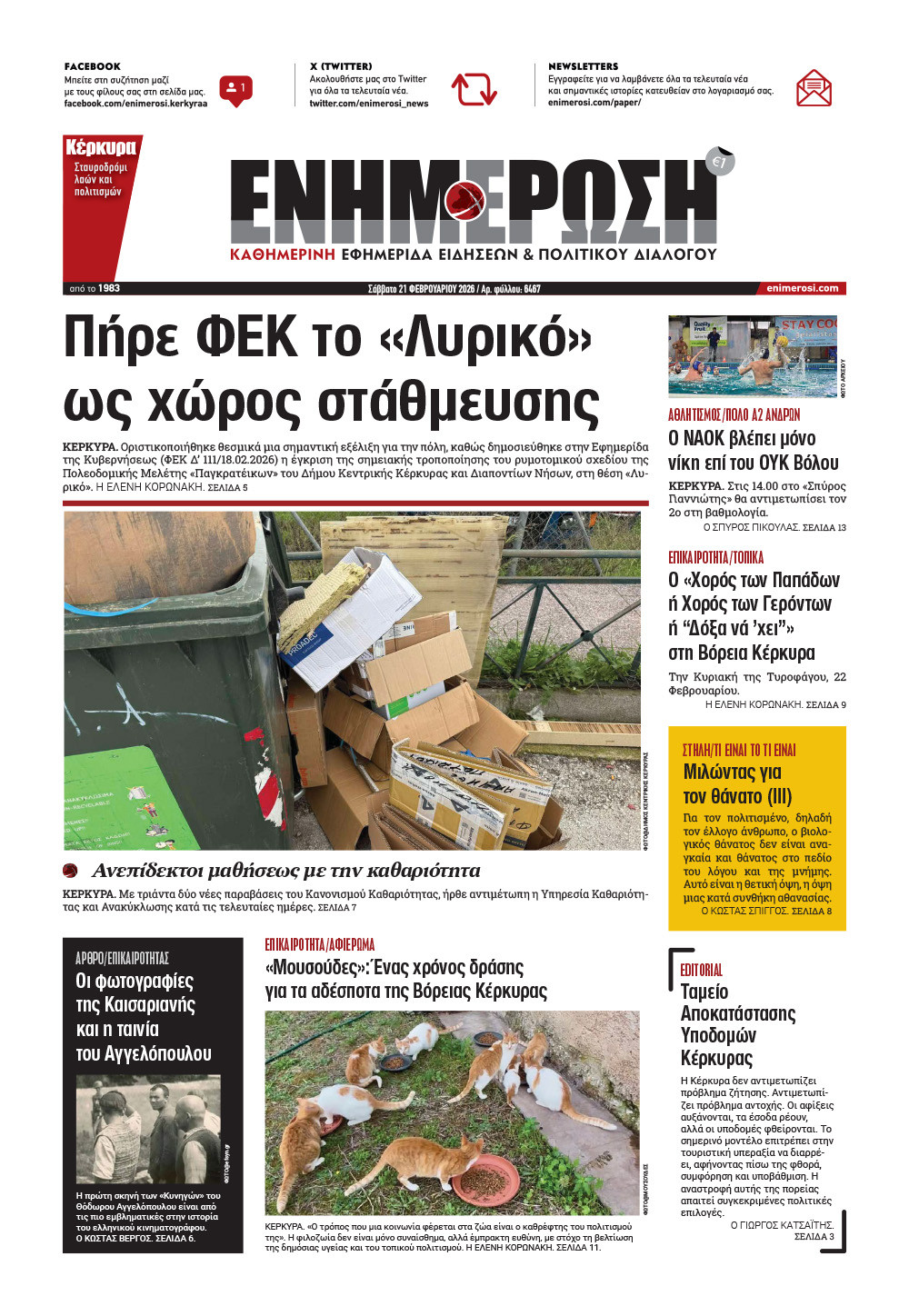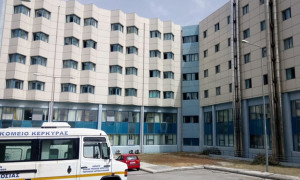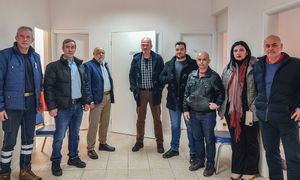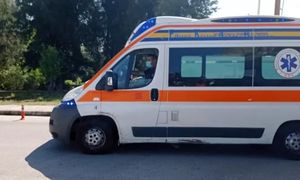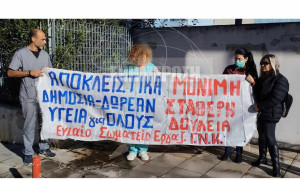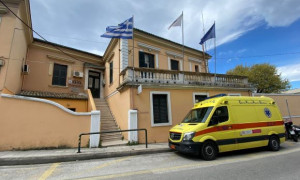Paramedics resuscitate 65-year-old with heart problem
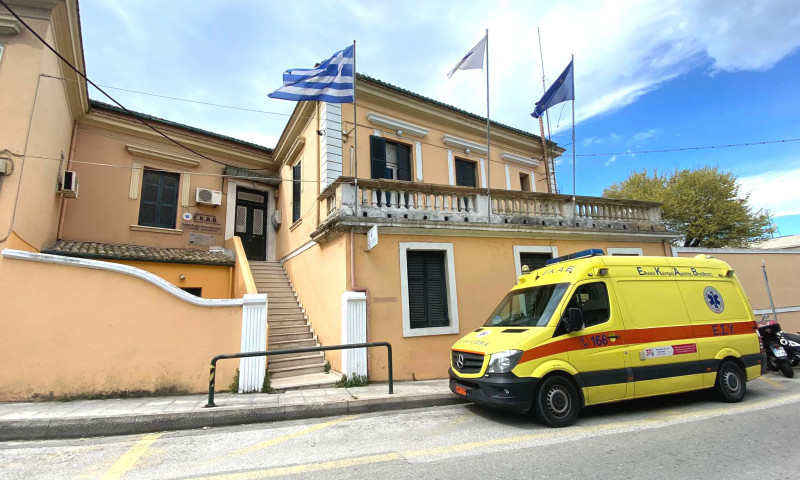 Archive photo
Archive photo
EKAB
31 Jan 2024
/ 10:59
CORFU. "Upon arrival at the hospital, the patient receives the first defibrillation from the ambulance crew, and we hand him over for recovery with the entire team attending to him without a second΄s pause. After a short while, the patient rises, returning from the world of the dead to the world of the living."
VASSILIS PANTAZOPOULOS
Archive photo



